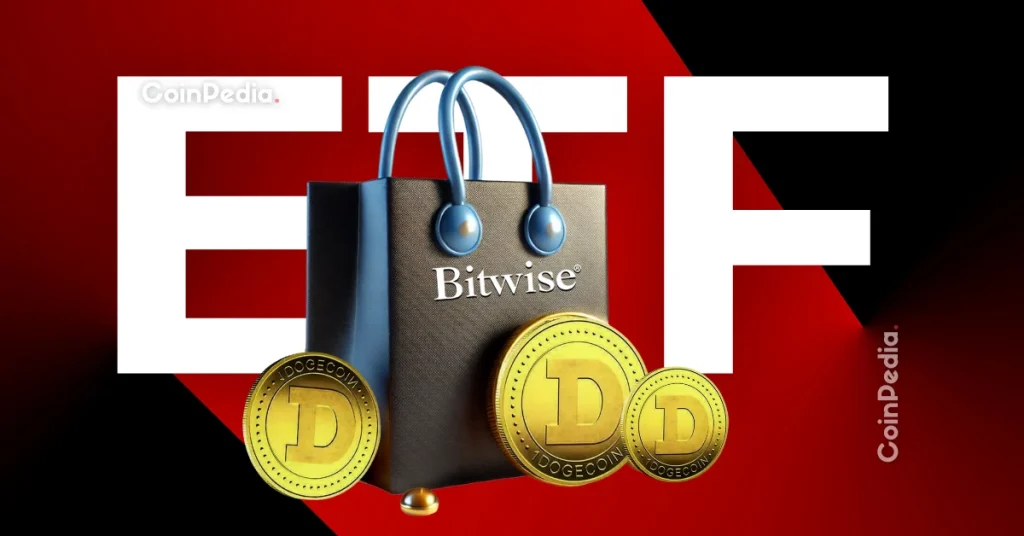For the first time in 30 years, rail fares in England will remain the same in 2026, according to a new government announcement. Regulated fares, including season tickets and off-peak returns, will remain frozen until March 2027.
Chancellor Rachel Reeves is expected to announce the freeze in this week’s budget. She and Prime Minister Keir Starmer are relying on measures such as keeping train fares steady and energy-bill support to cushion the blowback of some of the tax increases.
Commuters could save more than £300 in a year
A rail freeze will reduce hundreds of pounds from the cost of season tickets, keep travel prices stable, and help grow town centre economies throughout the country. Commuters save upward of £300 ($392) per year on some of the priciest routes.
Rail fares are usually increased in January, based on a formula of July’s RPI plus 1%, but there have been some exceptions. Since 2021, rail fares have been adjusted in March, not January. The last price hike occurred in March of this year, at a rate of 4.6%.
A government insider suggests that unregulated fares may also rise, but will generally track those of regulated fares. Over the year to March 2025, unregulated fares increased 5.5%, compared with a 4.4% rise in regulated fares, resulting in a total increase of 1.1%. The Rail Delivery Group, the body representing UK rail operators, viewed the move as “good news for customers,” expressing a commitment to working with the government to ensure that rail reforms genuinely improve the customer experience.
But experts say freezing fares could put even more financial pressure on rail operators that are already facing rising maintenance and staffing costs. Several operators have reported that revenue challenges stemming from changes in travel habits have arisen since the pandemic, as more people now work from home and reduce their weekly commutes. It has been unclear whether the government will offer additional subsidies to operators to help offset the freeze.
With transport accounting for 14% of household spending, this cost-saving measure will provide real financial relief, in line with the government’s promise to support working families. It will also help ease inflation by keeping a vital expense in check. Reeves even remarked that the measure will “ease the pressure on household finances and make traveling to work, school or to visit friends and family that bit easier.”
CEO of Campaign for Better Transport Ben Plowden also added: “As well as helping households with the cost of living, this will enable more people to choose rail, reducing traffic on our roads, benefiting the economy, helping the environment, and connecting communities across the country.”
Starmer believes he will remain in office until 2034
Starmer told reporters in South Africa he wants the UK budget to prioritize growth and stability. Reeves will outline on Wednesday the tax increases she plans to implement to address a projected £20 billion ($26 billion) shortfall in the government’s budget. She may raise £7.5 billion ($9.8 billion) by holding income tax thresholds steady, along with billions more through smaller actions like ending tax relief on salary sacrifice pensions and taxing EVs.
Recently, more citizens have been voicing their criticism of Starmer’s leadership. With the expected budget, the PM knows he must win over both markets and consumers to stay in power. Nonetheless, the UK leader believes he will stay in power until 2034.
Overall, ministers are preparing for voter backlash over the planned tax increases, but the Prime Minister and Chancellor hope that freezing rail fares will help soften the blow.
If you're reading this, you’re already ahead. Stay there with our newsletter.










![Crypto News Today [Live] Updates On November 19,2025](https://image.coinpedia.org/wp-content/uploads/2025/05/17173854/Coinpedia-Digest-Top-Crypto-News-This-Week-Hacks-Regulations-and-Institutional-Adoption-1-1024x536.webp)





 English (US)
English (US)